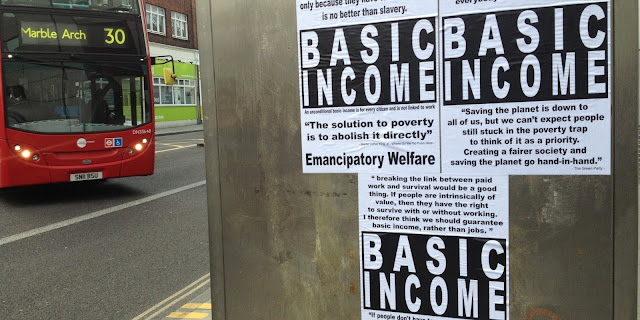Here I stand: I can do no other

I wasn't going to write another post about the WASPI campaign, but things have become so unpleasant and confused that I have no choice. This post is my final and definitive statement on where I stand on the women's state pension debate. Hence the title. My view of the women's state pension age problem I described the women's state pension age problem in some detail in a previous post , so I shall only outline it here, along with my view on each part of this complex problem. Recent changes to women's state pension age are these: The 1995 Pensions Act raised women's state pension age (SPA) from 60 to 65, the same as men's. To give women time to prepare, the transition did not start for 15 years, and it then raised the age over the course of 10 years, from 2010 to 2020. The effect was that women born prior to 6 April 1950 would remain eligible for the state pension on their 60th birthday, but women born later than that would see their eligibility gr...




